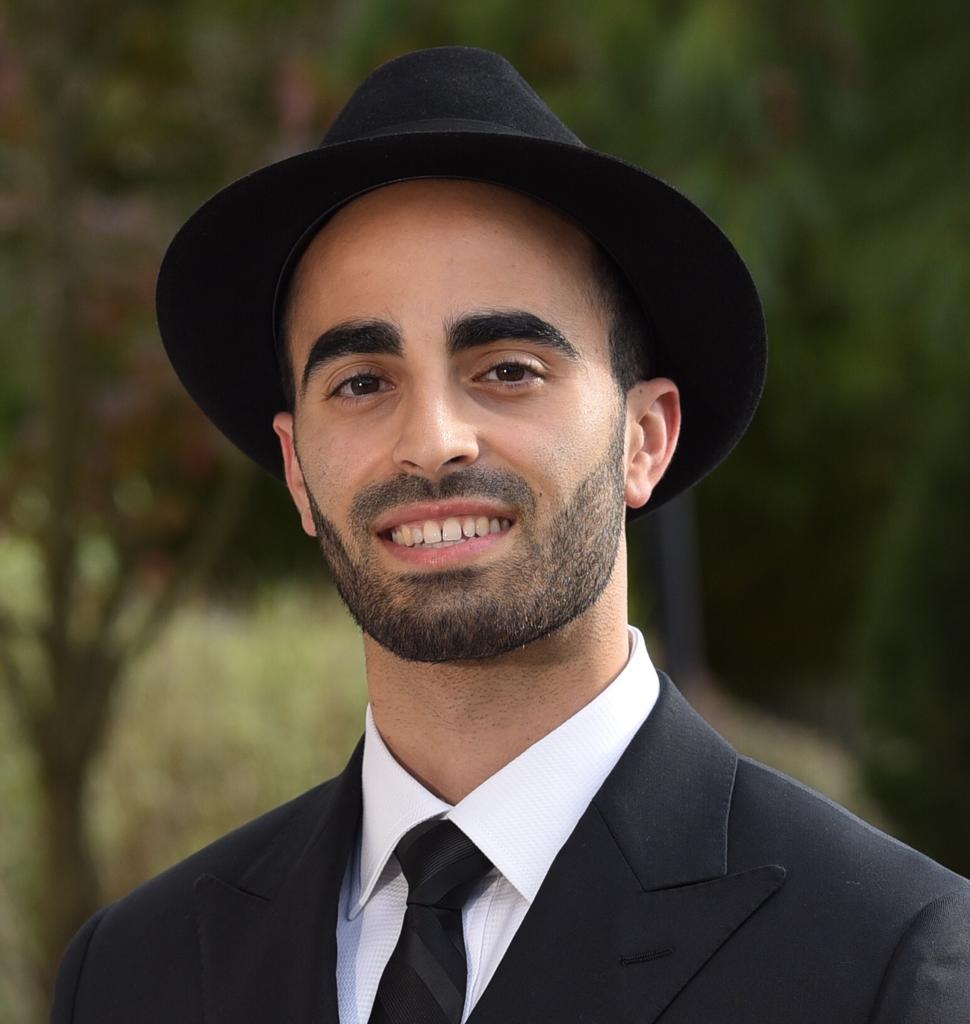
Open to Grow
The midrash (Bamidbar Rabbah 1:2) on our parsha records Hashem bemoaning the fact that He is not currently with Bnei Yisrael in the desert—the place


The midrash (Bamidbar Rabbah 1:2) on our parsha records Hashem bemoaning the fact that He is not currently with Bnei Yisrael in the desert—the place

Our parsha contains the lists of blessings and curses. The section of blessings is introduced by the statement, “If you will follow My statutes, and

It states in our parsha (25:39-40), “If your brother becomes impoverished with you and is sold to you; you shall not work him with slave

Our parsha brings up the incident of the mekalel, the person who committed the atrocious and severe sin of blaspheming Hashem. How did he come

The Torah states: “You shall be holy, for holy am I, Hashem.” Fascinatingly, the midrash says that from the words, “You shall be holy,” it

The Gemara (Berachot 12) brings that “Anyone who has the opportunity to beseech (Hashem) for mercy on behalf of his fellow and does not beseech

Upon completion of the Mishkan’s inauguration and the first day of the sacrificial service, our parsha (9:23) says that “Moshe and Aharon came to the

Regarding the Korban Toda, our parsha states: “If he shall offer … a thanksgiving-offering, he shall offer with the feast thanksgiving-offering unleavened loaves mixed with

Among the various types of korbanot (sacrifices), is the Korban Mincha (meal-offering), as the pasuk in our parsha says, “When a ‘nefesh’ offers a Korban

The midrash (Shemot Rabbah 52:3) in our parsha relates a powerful story that may highlight the extraordinary merit and value of learning Torah when things

Among the materials that were used for the construction of the Mishkan was the acacia wood. The pasuk in our parsha says that, “All with

Moshe Rabbeinu pleads to Hashem: “And now, if I have indeed found favor in Your eyes, make Your ways known to me … “ What